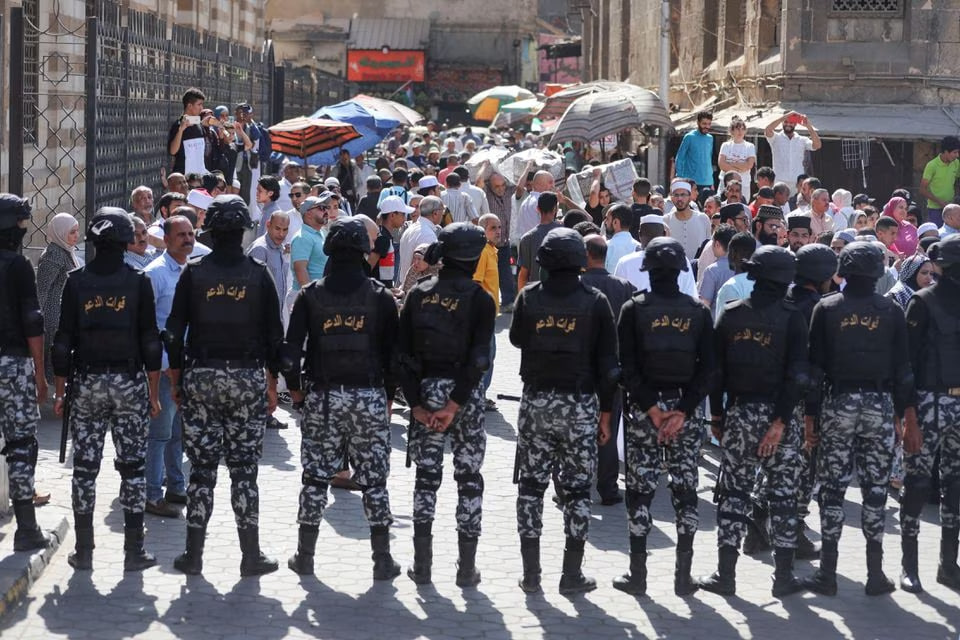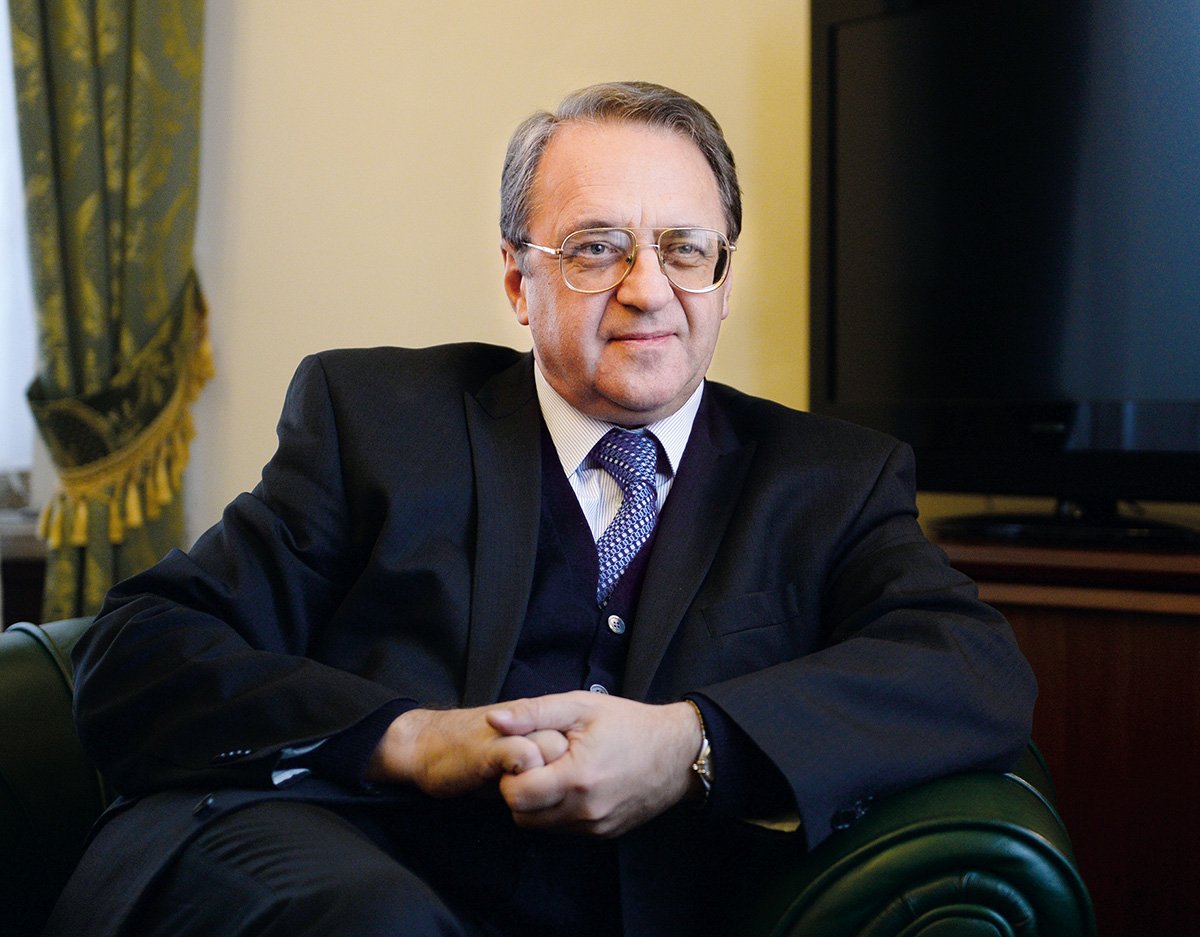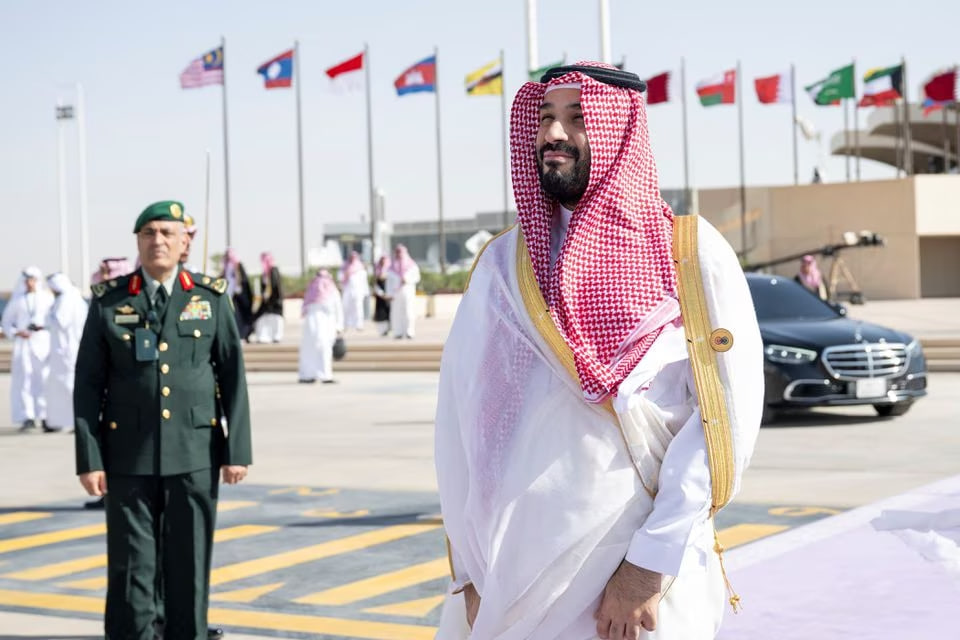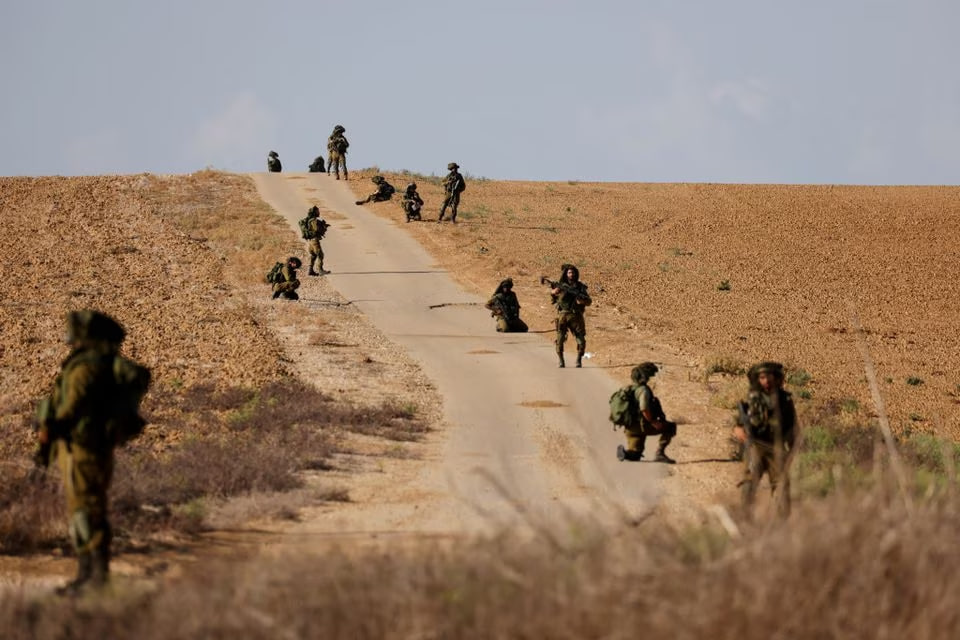Egypt hosted the Cairo Peace Summit in response to the escalating Gaza crisis, though the absence of top-level officials from key ally Israel, the United States, and other leaders has tempered expectations for the summit's impact, Reuters reports.

This summit was swiftly convened while the Gaza conflict raged on, uniting several Arab and European leaders, along with foreign ministers. It unfolded as Israel geared up for a ground offensive in Gaza following an October 7 attack by Hamas that resulted in the deaths of 1,400 individuals. Israel's counteroffensive has tragically claimed the lives of over 4,100 Palestinians, exacerbating a dire humanitarian crisis in Gaza.
China confirmed its envoy for Middle East affairs, Zhai Jun, would participate, while Russia announced Deputy Foreign Minister Mikhail Bogdanov as its representative. There are no representatives of the U.S.
Egypt's official statement has been vague about the summit's objectives, primarily stating it would address recent developments related to the Gaza crisis and the future of the Palestinian issue.

In total, 24 representatives of countries and international organizations were on the list of the summit's attendees. Germany is represented by Annalena Baerbock, Britain by Secretary of State for Foreign Affairs James Cleverly, and representing France there will be Foreign Minister Catherine Colonna. Discussions about a unified summit declaration have taken place, but differences persist, casting doubt on the issuance of a final text.
Arab nations have voiced their frustration with Israel's extensive bombing campaign and blockade of Gaza, home to 2.3 million people. Concerns of potential spillover have grown, triggered by confrontations on Israel's Lebanese border and attempted attacks by Iranian-backed groups, particularly if a ground offensive results in significant casualties.

European nations have grappled with establishing a cohesive approach to the crisis, beyond condemning Hamas's attack, which led to days of uncertainty and mixed messages.
Egypt's stance aligns with broader Arab apprehensions that Palestinians might face forced displacement, akin to events in 1948 when Palestinians fled or were expelled during the war that accompanied Israel's formation. Both Jordan's King Abdullah and Egypt's President Abdel Fattah al-Sisi emphasized that Palestinians should not be subjected to forced displacement and accused Israel of imposing collective punishment on Gaza's inhabitants by targeting civilians.

While Israeli officials, including Prime Minister Benjamin Netanyahu, have vowed to dismantle Hamas in retaliation for the attack, Israel lacks a clearly defined exit strategy regarding the governance of the Palestinian enclave following the conflict. Some advisors to U.S. President Joe Biden have expressed concerns that while Israel may weaken Hamas effectively, it has yet to formulate a clear plan for the aftermath of the conflict.
The summit's commencement was scheduled for 07:00 GMT on October 21, with Egyptian President Abdel Fattah al-Sisi leading the event.
Follow Daryo's official Instagram and Twitter pages to keep current on world news.
Comments (0)